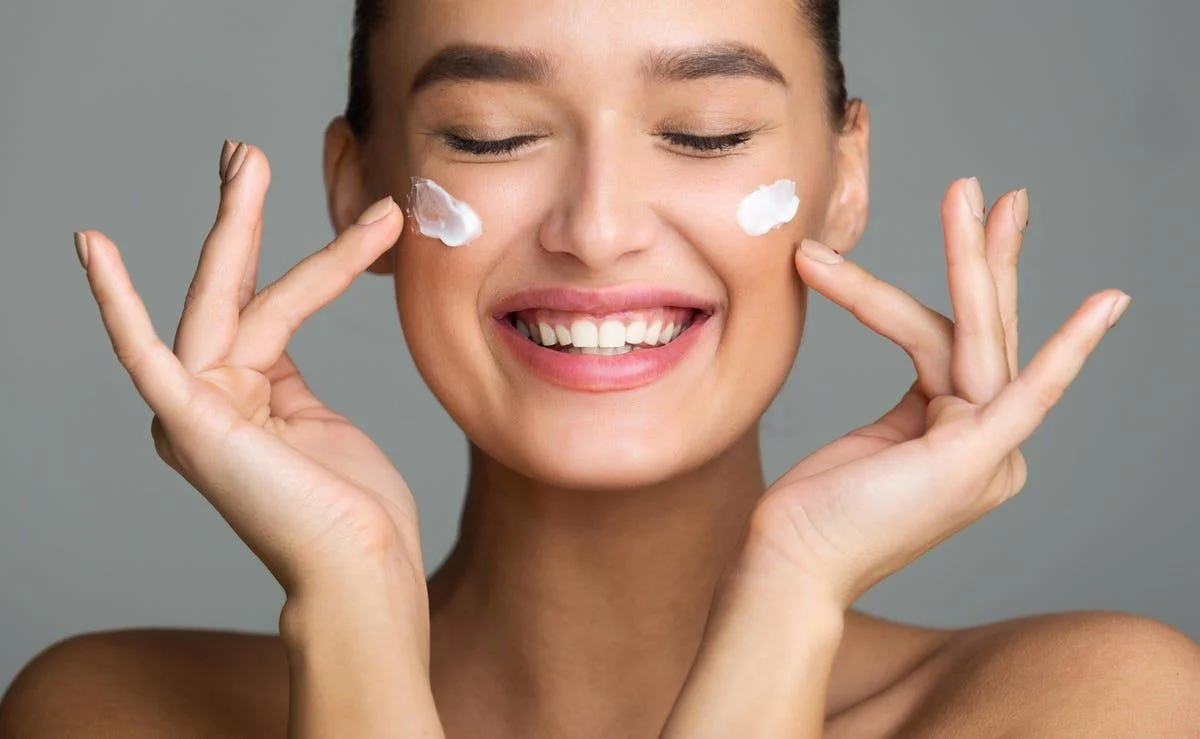A Comprehensive Guide to Face Moisturizers
Choosing the best moisturizer for your skin type and concerns
What is Moisturizing?
Moisturizing is an essential step in any skincare routine. It helps to keep the skin hydrated, healthy, and protected from the harsh effects of the environment. Face moisturizers come in various formulations designed to cater to different skin types and concerns, making it important to choose the right one. Here’s a detailed guide to face moisturizers that will help you understand their importance, types, and how to choose the best one for your skin.

Why Moisturizing is Important
Moisturizing helps maintain the skin’s natural moisture balance, preventing dehydration and promoting a healthy, radiant complexion. The skin’s outermost layer, the stratum corneum, serves as a barrier that keeps moisture in and harmful environmental factors out. However, factors like dry weather, pollution, over-washing, and aging can disrupt this barrier, leading to dryness, irritation, and even premature wrinkles. Moisturizers help replenish the skin's water content and lock it in, keeping the skin smooth and hydrated.
Key Ingredients in Face Moisturizers
Water
▶Water ▲
Most moisturizers have water as their primary ingredient, which hydrates the skin and helps other ingredients penetrate deeper.
Humectants
▶Humectants ▲
Ingredients like glycerin, hyaluronic acid, and urea attract water from the environment into the skin. They help the skin retain moisture, keeping it plump and hydrated.
Emollients
▶Emollients ▲
These ingredients, such as shea butter, squalane, and ceramides, soften and smooth the skin. They fill in the gaps between skin cells to create a smooth, supple texture.
Occlusives
▶Occlusives ▲
Ingredients like petrolatum, beeswax, and dimethicone form a barrier on the skin’s surface that prevents moisture from escaping.
Antioxidants
▶Antioxidants ▲
Vitamin C, vitamin E, and green tea extract are commonly found in moisturizers. They help protect the skin from oxidative stress caused by free radicals, which can contribute to aging and damage.
Types of Face Moisturizers
Gel Moisturizers
These lightweight formulas are perfect for oily or acne-prone skin. They are usually water-based and provide intense hydration without clogging pores. Gel moisturizers often contain soothing ingredients like aloe vera or hyaluronic acid.
Cream Moisturizers
Creams tend to be richer and thicker, making them ideal for dry or mature skin. They contain a higher concentration of emollients and occlusives to provide long-lasting hydration and improve the skin’s elasticity.
Lotion Moisturizers
Lotions are lighter than creams and often have a runnier consistency. They work well for normal or combination skin, offering hydration without feeling heavy or greasy.
Oil-Based Moisturizers
These are great for people with dry skin who need extra nourishment. They contain oils such as argan oil, jojoba oil, or rosehip oil, which help lock in moisture and provide deep hydration..
SPF Moisturizers
Some moisturizers are formulated with added sunscreen, offering a convenient way to protect your skin from harmful UV rays while moisturizing. Look for a broad-spectrum SPF of at least 30.
Night Creams
These richer, thicker formulas are designed for use overnight when the skin is in its repair mode. They often contain ingredients like retinol or peptides to promote skin regeneration.
How to Choose the Right Moisturizer for Your Skin Type
Oily Skin
Look for gel-based moisturizers that are oil-free and non-comedogenic (won’t clog pores). Ingredients like salicylic acid or niacinamide can help balance oil production while keeping the skin hydrated.
Recommended Products
Dry Skin
Choose thicker, cream-based moisturizers that contain nourishing ingredients such as hyaluronic acid, shea butter, or ceramides. Look for products that emphasize hydration and help restore the skin’s barrier.
Recommended Products
Sensitive Skin
Opt for fragrance-free, hypoallergenic moisturizers that contain soothing ingredients like chamomile or calendula. Avoid products with alcohol, strong fragrances, or harsh chemicals that can irritate the skin.
Recommended Products
Combination Skin
Lightweight, non-greasy moisturizers, such as lotions or gel creams, work well. Look for products that balance moisture without leaving your T-zone (forehead, nose, chin) feeling greasy or your cheeks too dry.
Recommended Products
Mature Skin
Rich moisturizers with anti-aging ingredients like peptides, antioxidants, and retinol can help boost skin elasticity and reduce the appearance of fine lines and wrinkles. Look for products that offer hydration and skin regeneration.
Recommended Products
How to Apply Moisturizer
- Cleanse your face: Always start with a clean face to remove dirt, oil, and makeup. This allows the moisturizer to penetrate the skin more effectively.
- Apply on damp skin: It’s best to apply moisturizer while your skin is still slightly damp from cleansing. This helps to lock in the moisture and prevents your skin from drying out too quickly.
- Use a small amount: A little goes a long way. Use a pea-sized amount of moisturizer and gently massage it into your face in upward, circular motions.
- Don’t forget your neck: Ensure your neck and décolletage are moisturized as well.
Curious about the right products for different skin Types?
Learn how to care for each skin type with these essentials:
Final Thoughts
Moisturizing is a simple yet crucial step in maintaining healthy, glowing skin. Understanding your skin type and the ingredients in your moisturizer can help you choose the right product for your needs. Whether you’re looking to hydrate, protect, or repair, there’s a moisturizer out there for every skin type and concern. Incorporating a moisturizer into your daily skincare routine will ensure your skin stays nourished, smooth, and protected from the elements.














